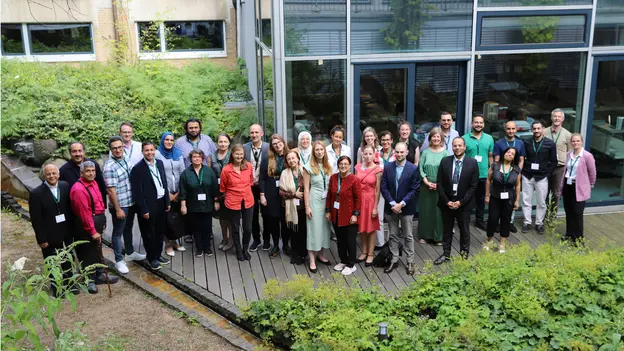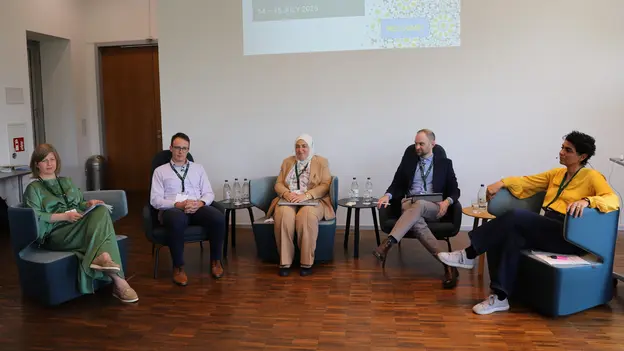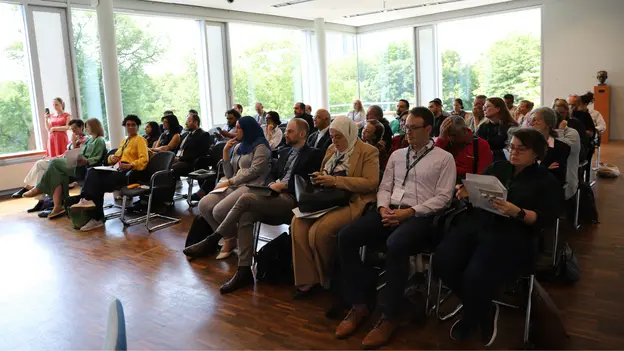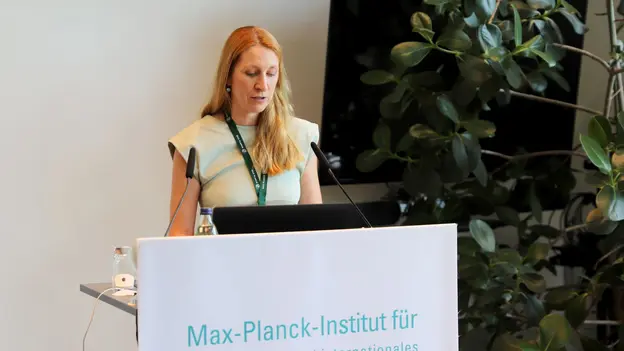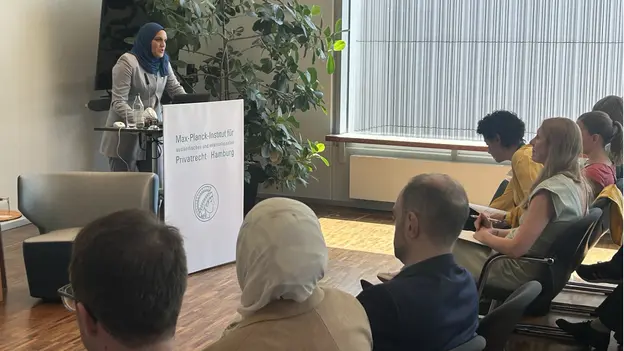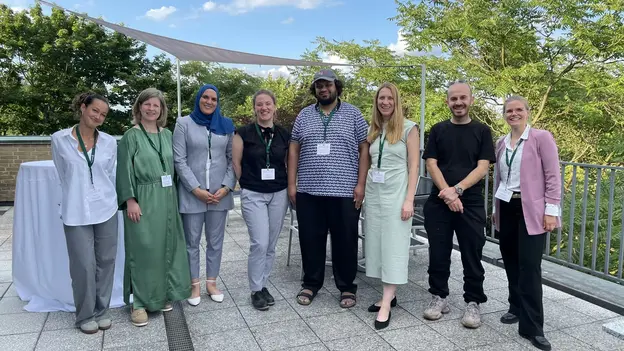Tandem Project
Minority Law in Arab States – Governing Religious Diversity
International & Interdisciplinary Conference
Arab states have adopted diverse approaches and employed varied strategies to institutionalize family laws and govern religious diversity, often granting religious communities a significant degree of legal autonomy. These approaches are shaped by historical, social, and political contexts, reflecting the complex interplay between law, religion, and governance.
Compared to Muslim communities, the laws governing religious minorities in Arab states have received little scholarly attention, despite their prevalence, impact, and reform efforts, which they are subject to. In many Arab states, religious communities exercise autonomy in family and inheritance law, allowing their religious leadership to directly shape the rights – and the lack thereof – of their members. Minorities are also disproportionately affected by conflict, which exacerbates family law-related issues such as inheritance and property rights.
As part of their joint research project, the AGYA project partners organized a conference that foregrounded the complex interplay between legal autonomy and the governance of religious diversity. It convened scholars employing different methodological and theoretical approaches especially from Law, Anthropology, Political Science, History, Middle Eastern Studies.
Experts and law practitioners joined forces and focussed on legal pluralism, minority dynamics in relation to the state, gender and inter-religious relationships, as well as Arab and German perspectives on local, national, and regional policies and reforms affecting minority law.
We have religious courts – Sharia courts and Christian courts – but I don't like that they are called religious courts. Not because I don't have faith, but I think they should be called family courts because there we deal with family matters.
Judge Christine Faddoul, Greek Orthodox Court of Appeal, Amman, Jordan
The case studies from Egypt, Jordan, Lebanon, Palestine and Iraq vividly illustrated the plurality of legal norms in many Arab countries. The speakers provided interesting insights into the resulting legal challenges and practical implications.
For a Christian woman in the West Bank, this means that if she wants to sell a house, she does so according to Ottoman law, that she marries according to Greek Orthodox tradition, that she is punished for crimes according to the Jordanian law of 1960, etc.
Judge Scarlet Bishara, Court of First Instance, Evangelical Lutheran Church in Jordan and the Holy Land, Palestine
As a consequence, several speakers emphasized the need for accessible legal advice for members of religious minorities, and in particular for women, who often experience discrimination in family and inheritance law.
In addition, the question was discussed as to whether secular inheritance and family law could be beneficial for national cohesion and whether there is a more appropriate term than “minority,” which some groups find derogatory. These and other questions will be addressed in a joint publication resulting from this project.
- Disciplines involved
- Law, Anthropology, Political Science, History, Middle Eastern Studies
- Cooperation Partner
- Max Planck Institute for Comparative and International Private Law
- Event Date
- 14 - 15 July 2025
- Venue
- Hamburg, Germany
- Project Title
- International Conference: Minority Law in Arab States – Governing Religious Diversity
- Year
- 2025
- Funding Scheme
- Tandem Project
- Countries Involved
- Germany, Qatar
